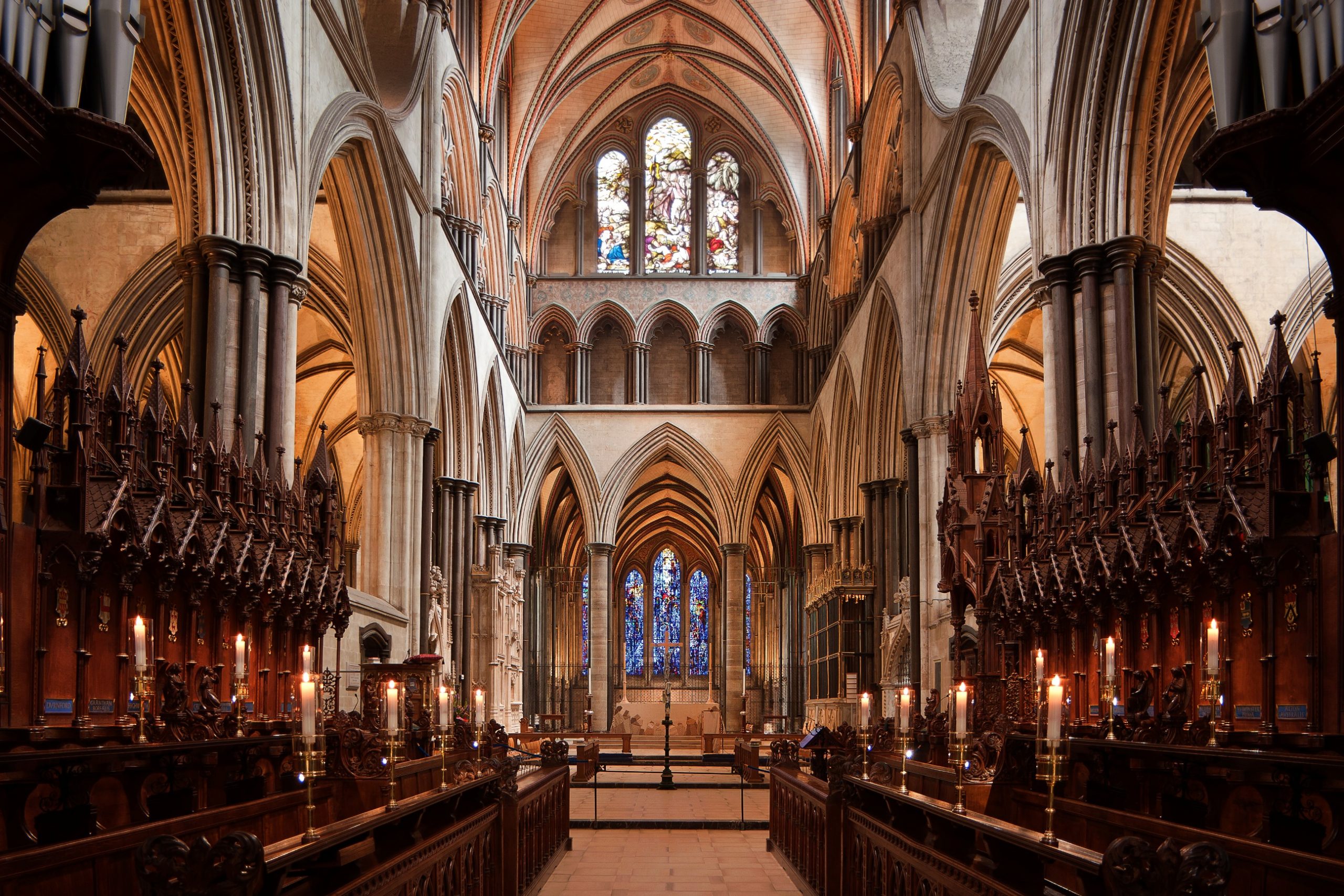6th January 2022
Heavenly bodies

A Sermon preached by Canon Robert Titley, Treasurer
Sunday 2 January 2022, The Feast of Epiphany
Reading Matthew 2-12
This has been a stellar Christmas. December 25th saw the launch of the ultimate star-gazer, what NASA called its ‘Christmas gift to humanity’, the James Webb telescope, which will study the most distant observable galaxies in the universe.
Fittingly, our carol services were star-studded, with at least nine sightings of heavenly bodies, like the ‘silent stars’ of ‘O little town of Bethlehem’, or Bob Chilcott’s and Charles Bennett’s Candle carol:
Tonight in the sky there’s a star
we’ve never seen before;
or Chilcott’s setting of Clive Sansom’s words in the Shepherds’ Carol:
There was a star, Lady,
shone in the night,
larger than Venus it was,
and bright, so bright.
The source of all that is in tonight’s reading from Matthew’s gospel. To find Jesus the wise men must follow a star. To follow the star they must first spot it. And to have a chance of doing that, they must first look up into the sky. God does not habitually grab us by the throat and demand our attention, and the creation does not usually wave its mysteries in our faces.
Back in 1997 our skies welcomed another majestic visitor, the Hale-Bopp comet, found independently by two amateur astronomers, Alan Hale in New Mexico and Thomas Bopp in Arizona. At the time, it was the most distant comet ever discovered by amateurs. Both men trained their telescopes on globular cluster M70 on July 23, 1995. ‘I saw a fuzzy object nearby,’ said Hale. ‘It was strange, because I’d looked at M70 a couple of weeks earlier and the object hadn’t been there.’
The astronomical professionals, who designated the new comet C/1995 O1, were soon astounded at how bright it became. Its closest approach to Earth was about 120 million miles (193 million km) 18 months later, and night after night it was there – ‘larger than Venus, and bright, so bright’ – but after a while people stopped noticing.
Two British scientists, Wilson Poon and Tom McLeish wrote,
Many exercise their freedom not to receive when face to face with the presence of offered meaning which we call the universe: to witness men and women in our streets simply going about their business as usual (heads decidedly down) under the gaze of the magnificent Hale-Bopp comet is heart-breaking.
The songs we sing about the wise men tend to present them as figures we should emulate.
‘As they offered gifts most rare’ (we shall sing later) so we should
All our costliest treasures bring,
Christ, to thee our ‘heavenly King.
In this time of fresh starts, it’s natural to look at them and say, I must be more Magi, more generous, more devoted to Jesus. In effect, I must try harder. But trying harder is a hard thing to try for any length of time, and that phrase we often use for making an effort, ‘getting your head down’, is not a promising one.
Tonight’s anthem suggests another way. Francis Poulenc’s Videntes stellam, ‘seeing the star, the wise men rejoiced with great joy’, points to something else to imitate in Jesus’ visitors, or indeed in those amateur astronomers. So let’s say instead, this year I must be more Hale, more Bopp. If I have the gift of sight, I must use it, look up more, gaze more, be more curious. I must not, for instance, cross the Close, under the magnificent gaze of the Cathedral, with my head down. Not even after a hard day, not even if it’s raining.
As you and I notice the world more, we shall receive its ‘offered meaning’, and life will be richer. We may even detect the Meaning beneath the meaning, the presence of the One through whom all things have come into being, the One who is made flesh in the manger. And then, as with the wise men, so with us – joy will flow, joy that there is all this where there might have been nothing at all; joy and gratitude, because we have Someone to thank.
Now joy and gratitude are great liberators of generosity and devotion; but, like the wise men, before we give, we must receive. And to do that, we must first look up.




